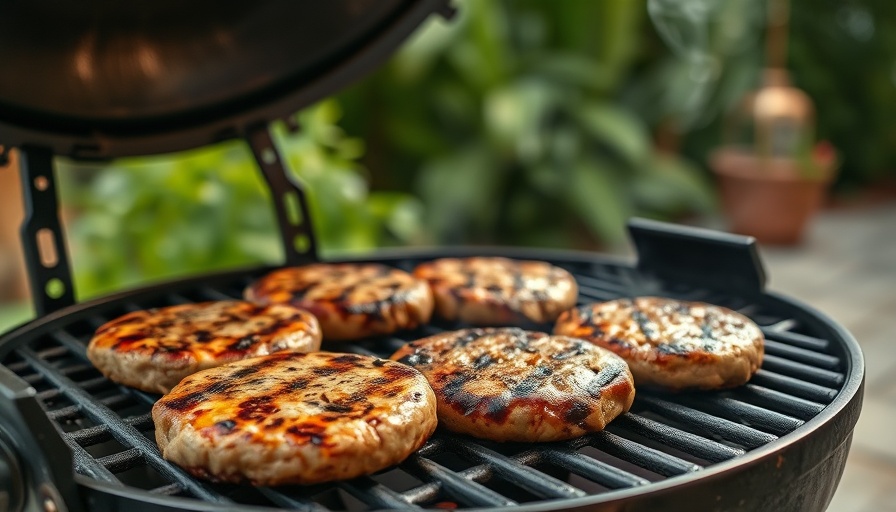
Creating Your Backyard Oasis: The Ultimate Outdoor Grill Station
Imagine stepping into your backyard and being greeted by the aroma of sizzling steak, the crackle of fire, and a fully equipped setup that rivals any indoor chef’s kitchen. That’s the magic of a well-designed outdoor grill station. It’s not just about cooking; it's where meals turn into cherished memories.
Selecting the Perfect Grill for Your Needs
The grill is the centerpiece of any outdoor cooking station. Choosing the right type is essential. Options vary from gas, charcoal, to pellet grills, each providing a unique cooking experience. According to Stepan Aslanyan from GRILLYAN, “When setting up a solid DIY outdoor grill station, the first step is picking a grill that suits you…” Beginners might lean towards gas grills for their ease of use, while those desiring that old-school smoky flavor might opt for charcoal or pellet grills.
Understanding Your Cooking Style and Space
The best grill for your station hinges on your cooking style and your space. Is it just family dinners, or do you throw big backyard gatherings? Getting a grill that matches your needs prevents you from being stuck cooking too long. Those who frequently entertain might consider owning a second grill, allowing versatility in quick weeknight meals or elaborate weekend feasts.
Essential Equipment for a Functional Setup
Ample prep space is crucial in creating an efficient outdoor kitchen. Having a hardwood or stainless steel countertop can dramatically enhance your preparation and serving experience. Essential tools include tongs, spatulas, and grill brushes, which not only improve safety but also lend a personal touch to your outdoor cooking.
Designing for Aesthetic and Functionality
In addition to selecting the right grill, consider the overall design of your grill station. Combine aesthetics with functionality—add shaded areas for comfort, seating for guests, and even decorative lights to create an inviting atmosphere. Beautiful landscaping around your grill station can transform your backyard into a charming culinary getaway.
Incorporating Sustainability into Your Design
For those mindful of environmental impact, consider eco-friendly materials for your grill station. Options such as bamboo countertops or reclaimed wood can add character while reducing your carbon footprint. Sustainable living merges seamlessly with outdoor cooking, allowing you to enjoy nature without compromising your values.
Building your dream grilling area isn’t just about picking equipment; it’s about creating an experience that reflects your lifestyle. Whether you’re a weekend warrior or a casual griller, your outdoor station should evoke joy and comfort, making every meal a celebration.
Ready to start your outdoor grilling journey? Take these insights into account as you elevate your backyard space, blending utility with personal style and sustainability.
 Add Row
Add Row  Add
Add 




Write A Comment